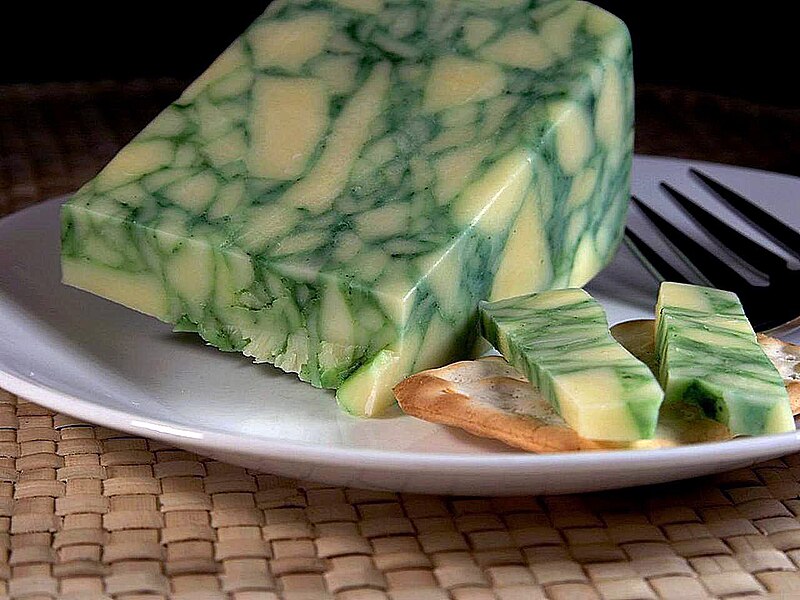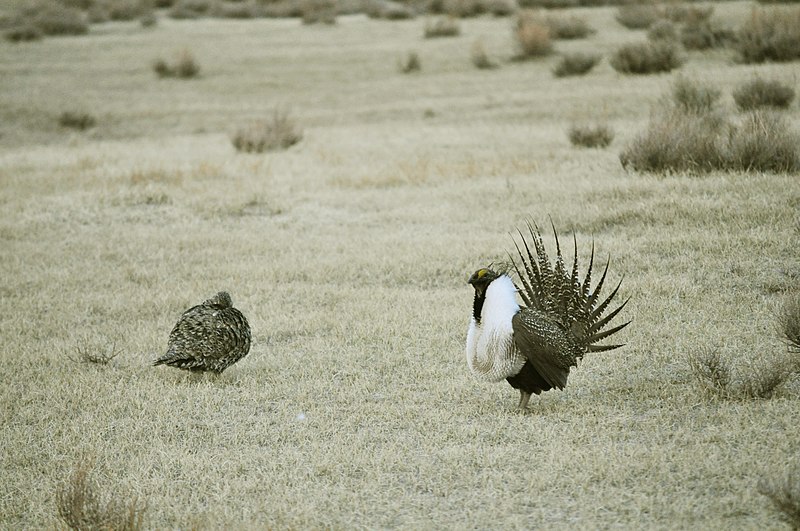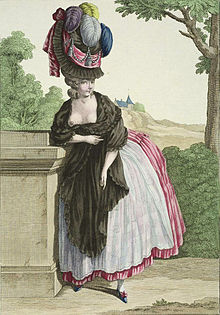If that's the way you'd like to do it, I'd suggest a walk in the countryside, or a long look at the sea, the clouds, or the stars - or, on the other hand, you could take yourself round a big department store like Harrods.
Whatever you see there, it certainly won't be cheap.
Spot the Frippet: something tawdry. Ethelthryth, also known as Etheldrida or Audrey, was a queen of both Northumbria and the English Fens in the 600s. She received the city of Ely as a wedding gift and is now its patron saint. She was twice married but never shared a bed with a man, which she managed by means of persuasion, flight, a miraculous tide, and an equally miraculous staff which grew into an ash tree.

She died on 23rd June 679, and a fair in Ely was held annually on this date in her honour.
The word tawdry is a shortened form of Audrey, so the quality of the good and prizes on offer can't have been any higher than at fairs nowadays.



























